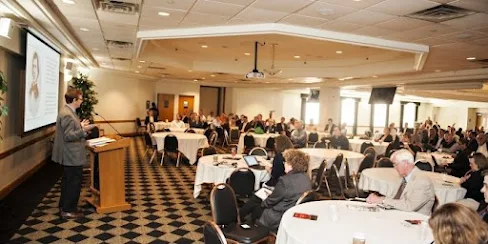Many wrongly believe that emotion plays little or no role in legal
reasoning. Unfortunately, Langdell and his “scientific” case method
encourage this error. A careful review of analysis in the real world,
however, belies this common belief. Emotion can be cognitive and
cognition can be emotional. Additionally, modern neuroscience
underscores the “co-dependence” of reason and emotion. Thus, even if law
were a certain science of appellate cases (which it is not), emotion
could not be torn from such “science.”
As we reform legal
education, we must recognize the role of cognitive emotion in law and
legal analysis. If we fail to do this, we shortchange law schools,
students, and the bar in grievous ways. We shortchange the very basics
of true and best legal analysis. We shortchange at least half the
universe of expression (the affective half). We shortchange the
importance of watching and guarding the true interests of our clients,
which interests are inextricably intertwined with affective experience.
We shortchange the importance of motivation in law, life, and legal
education. How can lawyers understand the motives of clients and other
relevant parties without understanding the emotions that motivate them?
How can lawyers hope to persuade judges, other advocates, or parties
across the table in a transaction without grasping affective experience
that motivates them? How can law professors fully engage students while
ignoring affective experience that motivates students? Finally, we
shortchange matters of life and death: emotions affect health and thus
the very vigor of the bar.
Using insights from practice, modern
neuroscience, and philosophy, I therefore explore emotion and other
affective experience through a lawyer’s lens. In doing this, I reject
claims that emotion and other affective experience are mere feeling
(though I do not discount the importance of feeling). I also reject
claims that emotion and other affective experience are necessarily
irrational or beyond our control. Instead, such experience is often
intentional and quite rational and controllable. After exploring law and
affective experience at more “macro” levels, I consider three more
specific examples of the interaction of law and emotion: (i) emotion,
expression, and the first amendment, (ii) emotion in legal elements and
exceptions, and (iii) emotion and lawyer mental health. To provide
lawyers and legal scholars with a “one-source” overview of emotion and
the law, I have also included an Appendix addressing a number of
particular emotions.
The article can be found
here.









